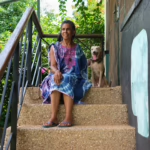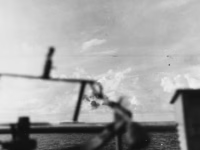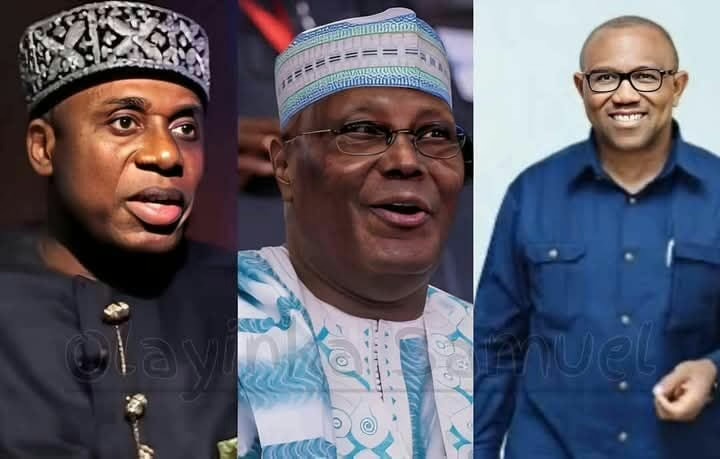Presidential aspirants within the opposition coalition party, the African Democratic Congress (ADC), have collectively pledged to support the candidate who wins the party’s nomination for the 2027 presidential election.
This consensus emerged from a caucus meeting of ADC leaders held in Abuja yesterday, during which the party also decided against adopting the All Democratic Alliance (ADA) as part of its platform.
Additionally, the caucus mandated that all members must relinquish their affiliations with other political parties, although no specific deadline was established for this directive.
Presiding over the meeting was Senator David Mark, the national chairman of ADC. Other key attendees included the national secretary Ogbeni Rauf, national publicity secretary Malam Bolaji Abdullahi, former Vice President Atiku Abubakar, ex-Kaduna State governor Nasir El-Rufai, and former Rivers State governor Chibuike Amaechi.
Also present were former Sokoto State governor Senator Aminu Tambuwal, ex-Kwara State governor Abdulfatah Ahmed, former Minister of Communication and Digital Economy Ali Pantami, and former Secretary to the Government of the Federation Babachir Lawal, among others.
Notably absent was Labour Party’s national leader Peter Obi, who nonetheless expressed his support for the decisions made during the meeting.
Currently, Atiku, Obi, and Amaechi have all declared their intentions to vie for the ADC’s presidential ticket in the upcoming election cycle.
Speaking on the closed-door session, Malam Bolaji Abdullahi, the party’s national publicity secretary, stated, “The coalition has concluded discussions regarding the ADA and has decided not to pursue its registration or affiliation.”
He added, “All presidential hopefuls have committed to backing the candidate who emerges victorious in the primaries.”
“While members have been instructed to resign from other political parties, the caucus did not specify a timeframe for compliance,” he further explained.
Abdullahi also revealed that the party’s National Working Committee (NWC) will soon unveil its strategy for the upcoming off-cycle governorship elections in Osun and Ekiti states.
Earlier, Atiku shared his thoughts on the meeting via his X account, describing it as “a gathering of Nigerians united against the oligarchs who perpetuate poverty and insecurity across the nation.”
Peter Obi’s absence was due to his scheduled trip to the United States, which he detailed on his X handle, saying, “I departed Lagos on September 24th for a three-day visit to the USA, including stops in Washington, Chicago, and Atlanta.”
Obi highlighted his choice of Delta Airlines, noting it as the oldest airline in the United States with over a century of operation.
He described arriving at Hartsfield-Jackson Atlanta International Airport, the world’s busiest airport, which manages over 100 million passengers annually-approximately five times the combined traffic of all Nigerian airports. The airport is municipally owned and generates around $32 billion yearly, roughly equivalent to Nigeria’s 2024 operational budget, and contributes about $70 billion to the Atlanta metropolitan area and Georgia state economy, nearly double Nigeria’s projected 2025 budget.
Obi also shared insights about Atlanta’s city budget, which stands at approximately $3 billion (over ₦4.5 trillion). The city’s current mayor, Andre Dickens, a former businessman, prioritizes public safety, crime reduction, youth empowerment, and ensuring a minimum wage of $15 per hour for council employees. Dickens is estimated to have a net worth of about $10 million.
“After meeting Mayor Dickens, we traveled together to Washington. Throughout the journey-at the airport, on the plane, and upon arrival at Ronald Reagan National Airport-there were no special announcements, no aides carrying his luggage, and no preferential treatment during boarding or disembarkation,” Obi noted.
He contrasted this with the Nigerian context, where governors, many managing budgets smaller than Atlanta’s, and local government chairmen, whose allocations are less than 1% of the city’s budget, often create public spectacles with sirens, protocol officers, large entourages, and widespread publicity. Obi emphasized the need for a shift in public conduct and behavior in Nigeria.

















